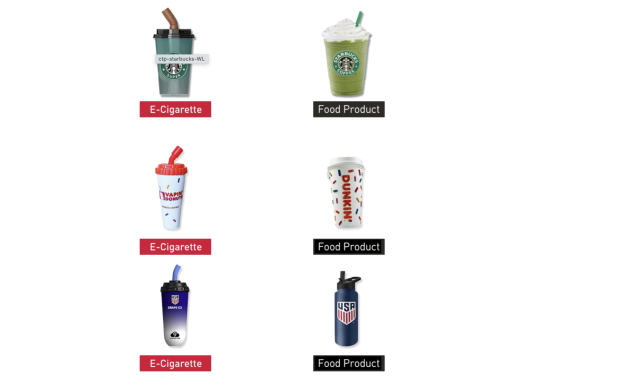
WHO: E-cigarette makers must stop ‘trapping’ children
Urgent action is needed to control e-cigarettes to protect children, who are being ‘trapped’ at an early age by manufacturers using social media to market thousands of flavours, says the World Health Organization (WHO).
E-cigarettes, says WHO, have been ‘aggressively marketed to young people’, and while 34 countries ban the sale of e-cigarettes, no fewer than 88 countries have no minimum age at which e-cigarettes can be bought, while 74 countries have no regulations in place for these harmful products.
Dr Tedros Adhanom Ghebreyesus, WHO Director-General, said: “Kids are being recruited and trapped at an early age to use e-cigarettes and may get hooked to nicotine – I urge countries to implement strict measures to prevent uptake to protect their citizens, especially their children and young people.”
E-cigarettes with nicotine are highly addictive and are harmful to health, said WHO, and whilst long-term health effects are not fully understood, it has been established that they generate toxic substances, some of which are known to cause cancer and some that increase the risk of heart and lung disorders.
The use of e-cigarettes can also affect brain development and lead to learning disorders for young people.
Dr Ruediger Krech, WHO Director for Health Promotion, said: “E-cigarettes target children through social media and influencers, with at least 16 000 flavours. Some of these products use cartoon characters and have sleek designs, which appeal to the younger generation. There is an alarming increase in the use of e-cigarettes among children and young people with rates exceeding adult use in many countries,”
Children 13–15-years old are using e-cigarettes at rates higher than adults in all WHO regions. In Canada, the rates of e-cigarette use among 16–19-year-olds has doubled between 2017–2022, and in England (the United Kingdom) the number of young users has tripled in the past three years.
In August the USA’s Food and Drug Administration (FDA) agency issued warning letters (see image) to 15 online retailers for selling and/or distributing unauthorised e-cigarette products packaged to look like youth-appealing characters, school supplies, toys, and drinks. The FDA agency is also seeking to raise awareness among parents, teachers, and other adults headed into the new school year.
‘Shameless attempt to target kids’
Brian King, director of the FDA’s Center for Tobacco Products, said: “The design of these products is a shamelessly egregious attempt to target kids – it’s a tough sell that adults using e-cigarettes to transition away from cigarettes need them to look like SpongeBob in order to do so successfully.”
Even brief exposure to e-cigarette content on social media, says WHO, can be associated with increased intention to use these products, as well as more positive attitudes toward e-cigarettes. Studies consistently show that young people that use e-cigarettes are almost three times more likely to use cigarettes later in life.
“Strong decisive action is needed to prevent the uptake of e-cigarettes based on the growing body of evidence of its use by children and adolescents and health harms,” added WHO.




